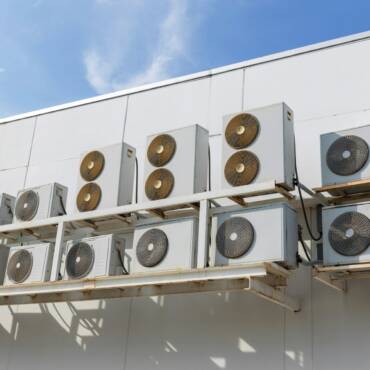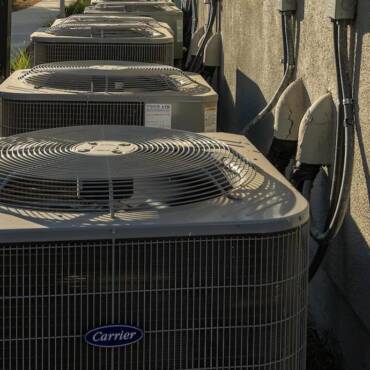Investing in a generator for your home can be a wise decision as the media warns of more frequent power failures. Choosing a generator isn’t as simple as you might think. Knowing a few factors will help you pick a generator that’s just right for your house. The following guide will help you get started with installing a generator in your home.
The Size of the Generator Matters
There are generators of every size and type, so making sure you pick the right generator for your home is essential.
You may want to make sure your generator provides enough power for specific items, but you’ll want to avoid pushing more power to your home than it can handle. If you live in a small house or apartment, you won’t need a large standby generator installation for your home.
Most people want one of three types of systems to manage their needs during a power outage:
- Home standby
- Large inverter
- Large portable
In addition to requiring generator maintenance, these units involve having transfer switches installed at the breaker box. The transfer switch enables you to switch from your main source of power to the generator.
Any of these units will have enough energy to power the entire home, including HVAC equipment, well pumps, sump pumps, electric stoves, and water heaters.
Can a Large Portable Generator (Up to 8,500 Watts) Power A Whole House?
Yes. In addition to avoiding a complex generator installation, a portable unit with up to 8,500 watts offers sufficient energy to power a home. This is a lower-cost option, giving it more value than other types of home generators.
It still needs a transfer switch to connect to the breaker box. This will let you connect to hardwired equipment, like your well pump.
While this is one of the more cost-friendly home generators, you’ll have to do a little work to complete the generator installation. For instance, consider housing it in a tent for better protection against the elements. They’re noisier generators and use large amounts of gasoline to operate.
Will a Large Inverter Generator (5,000 to 7,500 Watts) Power the Entire House?
When installing a generator of this type, it’s important to recognize that it has limitations. It delivers enough power for your refrigerator, lights, furnace, or a small AC unit. These home generator units can connect to your breaker box with a transfer switch.
While fuel-efficient and quiet, these models are more expensive. Expect to spend a little more for the transfer switch as well.
How Does a Home Standby Generator (Up to 20,000 Watts) Work?
These generators get permanently installed outside your home, and they will kick on as soon as a power loss is detected. They can run on natural gas or propane. You won’t have to connect any cables, press a button, or take any other action. The generator handles everything on its own.
This type of generator is more expensive. The installation requires building a concrete footing and running fuel and electrical lines. Avoid installing them in areas prone to flooding since you can’t move them.
Get Expert Insight When You’re Ready to Install a Home Generator
When you work with Aire-Flo Heating, Cooling & Generators, we can help you choose the right generator for your energy needs. We’ll make sure your unit is sufficient to power all of the essential equipment in your home. Contact us today!
Whether you require installation, repair, or maintenance, our technicians will assist you with top-quality service at any time of the day or night. Take comfort in knowing your indoor air quality is the best it can be with MOE heating & cooling services Ontario's solution for heating, air conditioning, and ventilation that’s cooler than the rest.
Contact us to schedule a visit. Our qualified team of technicians, are always ready to help you and guide you for heating and cooling issues. Weather you want to replace an old furnace or install a brand new air conditioner, we are here to help you. Our main office is at Kitchener but we can service most of Ontario's cities
Source link



